Summer squash, also known as zucchini, is a member of the plant family Cucurbitaceous, which also contains cucumbers, melons, and spaghetti squash.
But do you know the nutritional value of them? With a simple chicken pesto recipe, you can enhance theNutritional Value of Chicken Pesto Zucchini Noodles. Even though it can grow to a length of around 1 meter (3.2 feet), it is often harvested when it is less than 20 centimeters (7.5 inches) in length (20 cm).
Even though it is more commonly consumed as a vegetable, zucchini is botanically classified as a fruit. It is offered in a variety of hues that are easily distinguishable from one another, ranging from bright yellow to deep green.
Although its roots in the United States of America are widely recognized, the modern pumpkin as we know it today was developed in Italy in the early 19th century. Since ancient times, practitioners of alternative medicine have turned to zucchini as a treatment for a wide range of ailments, from the common cold to arthritis.
However, a large number of individuals attempt to use it in ways that are not supported by scientific research. The health benefits of zucchini are numerous, and here are 12 of them.

- Has a wide range of useful elements the vegetable zucchini is rich in several nutrients that are beneficial to your health. One cup (223 grams) of cooked zucchini has the following amounts of nutrients and calories: 17 calories, 1 gram of protein, less than 1 gram of fat, 3 grams of carbohydrates, 1 gram of sugar, 1 gram of fiber, and 40% of the daily value for vitamin A.
slow You’ll get 16 percent of your recommended daily allowance (RDA) of manganese, 14 percent of your RDA of vitamin C, 13 percent of your RDA of potassium, 10 percent of your RDA of magnesium, 9 percent of your RDA of vitamin K, 8 percent of your RDA of folate, 7 percent of your RDA of copper, 7 percent of your RDA of vitamin B6, and 5 percent of your RDA of thiamin.
In addition, it contains trace amounts of the minerals iron, calcium, and zinc, as well as a number of the B vitamins. This dish has significant quantities of vitamin A, which may improve one’s vision as well as immunity. The nutritional profile of raw zucchini is equal to that of cooked zucchini; however, raw zucchini has a higher concentration of vitamin C and a lower concentration of vitamin A.
In a nutshell, zucchini is loaded with essential elements such as vitamins, minerals, and other beneficial plant compounds. The amount of vitamin A that is contained in cooked zucchini is highest, but the amount that is contained in raw zucchini is still rather significant.
Second, zucchini is loaded with powerful antioxidants that are good for you.
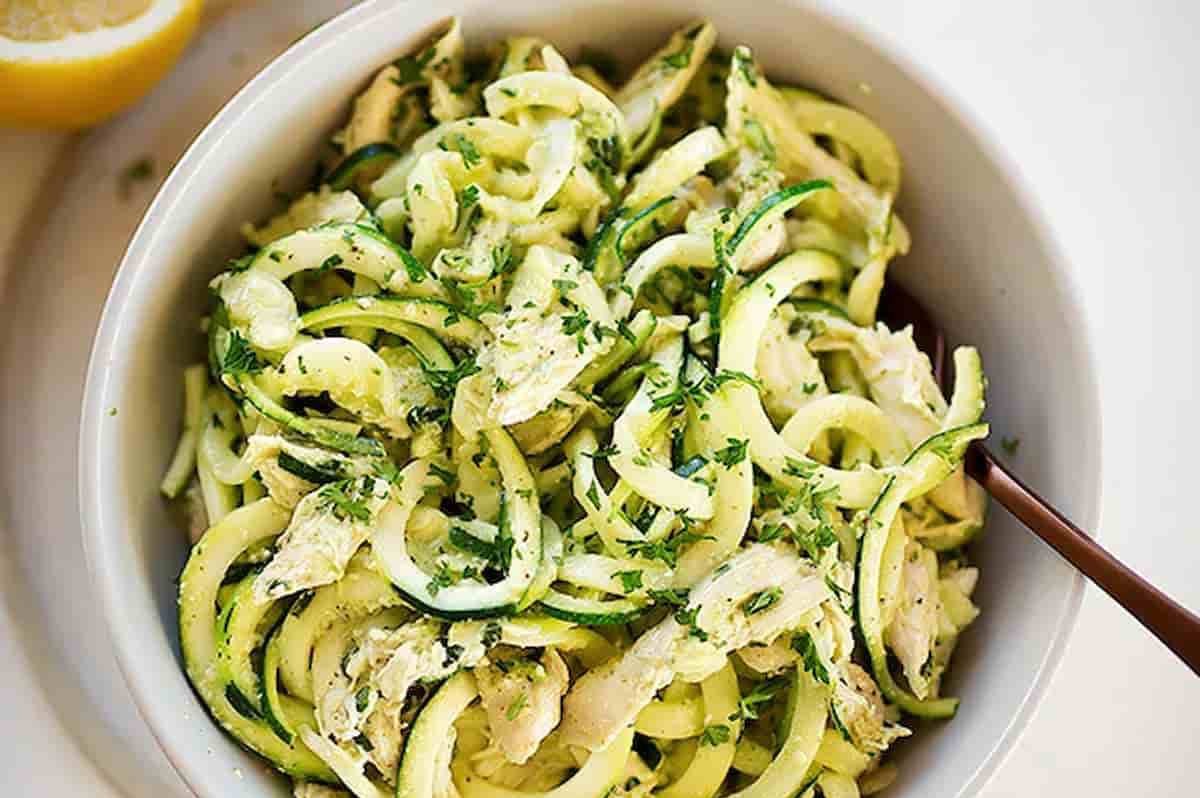
Antioxidants are chemicals that may be found in plants, and their primary function is to defend the body against the damage that can be produced by free radicals. The amounts of the carotenoid pigments lutein, zeaxanthin and beta-carotene that are found in zucchini are quite high. In addition to assisting the eyes, skin, and heart, they may protect against diseases such as prostate cancer. Studies have shown that the epidermis of this plant is where the majority of the plant’s antioxidants are located. There is a chance that the yellow squash has a little bit more than its cousin which is light green.
A lot of potential advantages to one’s health may be attributable to the high concentration of antioxidants found in zucchini. The skin of the fruit contains the highest concentration of this chemical.
Third, there is evidence that eating zucchini can improve digestion in a variety of different ways.
The high water content might be beneficial for those suffering from constipation. This makes passing stool simpler and reduces the likelihood of experiencing constipation. There is a possibility that zucchini has even more dietary fiber, both soluble and insoluble.
Insoluble fiber is recommended for people who want to prevent constipation because it makes stools heavier and speeds up their passage through the digestive tract. Soluble fiber, on the other hand, does not add weight to stools. If you have adequate fluids in your diet, you’ll obtain even bigger advantages.

In the meantime, the soluble fiber in your diet provides nourishment for the beneficial bacteria that live in your stomach. In exchange, the short-chain fatty acids (SCFAs) that the beneficial bacteria produce are what nourish the cells of the intestinal tract. In addition, some data suggest that SCFAs might help decrease the inflammation and symptoms of gastrointestinal disorders such as Irritable Bowel Syndrome (IBS), Crohn’s disease, and ulcerative colitis.
Zucchini has a lot of water and fiber, two factors that contribute to healthy digestion by lowering the risk of constipation and other gastrointestinal problems.
It has the potential to bring about a reduction in the amount of sugar in the blood. Increased consumption of zucchini may be beneficial for diabetics with type 2 disease. There are just three grams of carbs in an entire cup of cooked zucchini, making it an excellent low-carb substitute for pasta (232 grams).
It is possible to use it in place of noodle-based components such as spaghetti, linguine, and lasagna if you spiralize it or slice it into thin strips. By adhering to a low-carb diet, people who suffer from type 2 diabetes can bring their blood sugar levels under control and lower the amount of medicine they use.
The high fiber content of zucchini helps to maintain a consistent level of blood sugar and prevents it from increasing. Diets that are high in fiber from fruits and vegetables, such as zucchini, have been linked several times to a reduced risk of developing type 2 diabetes. The high fiber content of zucchini might improve insulin sensitivity and contribute to more stable blood sugar levels.
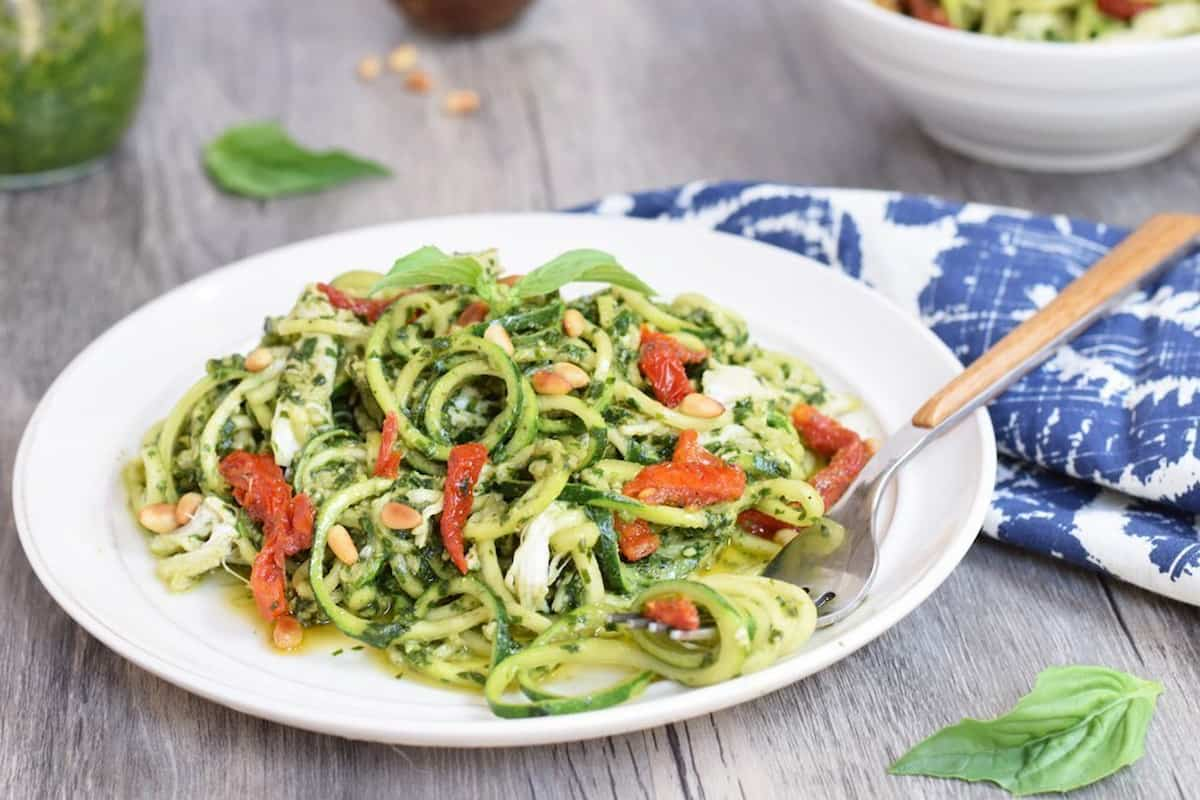
Research conducted on animals reveals that taking an extract made from zucchini skin can also help regulate blood sugar and insulin levels. Possibly linked to the high quantity of antioxidants found in the skin.
Strong conclusions, on the other hand, call for study including humans. It has been demonstrated that the fiber content of zucchini can enhance insulin sensitivity and maintain stable blood sugar levels. As a result, the risk of acquiring type 2 diabetes may be lessened owing to the fiber content of zucchini.
The fifth and last reason to consume zucchini is the possibility that it may improve one’s heart health. Potentially attributed to the large percentage of fibrous ingredients. Those who ingest a higher amount of fiber have been shown to have a lower risk of getting cardiovascular disease in studies that use observational methods.
Pectin, a kind of soluble fiber that may be found in zucchini, has been demonstrated to drastically cut overall cholesterol levels as well as the more dangerous LDL cholesterol levels. A meta-analysis of 67 studies indicated that consuming between 2 and 10 grams of soluble fiber daily for around one to two months lowered total cholesterol by an average of 1.7 mg/dL and dangerous LDL cholesterol by an average of 2.2 mg/dL.
[Citation needed] [Citation needed] It has been demonstrated that the high potassium content of zucchini can reduce blood pressure by relaxing the walls of the blood vessels. Lower risk of developing cardiovascular disease and having a stroke is associated with having normal blood pressure. Carotenoids, which may be found in zucchini, have been shown to reduce one’s risk of developing cardiovascular disease.

In a conclusion, it has been demonstrated that the fiber, potassium, and carotenoids that are present in zucchini can lower cardiovascular risk factors such as blood pressure and cholesterol levels.
Can Boost Eyesight, Number Six Eating zucchini has been proven to improve vision, so including it in your diet may be beneficial.
One of the reasons for this is because zucchini is loaded with important nutrients like vitamin C and beta-carotene, both of which play important parts in ensuring that one has healthy eyes. Additionally, zucchini is a source of the antioxidants lutein and zeaxanthin.
Studies have demonstrated that these antioxidants can accumulate in the retina, which protects eyesight and reduces the chance of age-related eye problems. Macular degeneration is the leading cause of irreversible vision loss in those over the age of 65; avoiding this condition would be a significant step in the right direction.
Consuming a diet abundant in lutein and zeaxanthin may reduce the risk of developing cataracts, a clouding of the lens that can lead to problems with one’s vision.
A healthy diet rich in manganese, lutein, zeaxanthin, vitamins A and C, and vitamin C is associated with better eyesight and a reduced risk of age-related eye issues. Zucchini is an excellent source of all four of these nutrients, and it has a particularly high concentration of all of them.
When consumed regularly, zucchini may have a role in assisting with weight reduction. This is the seventh potential benefit associated with weight loss. This fruit has a low-calorie density and a high water content, both of which may help you feel fuller for a longer period of time. The high fiber content of this dish may assist you in feeling fuller for longer.
High consumption of fruits and vegetables has been shown in several studies to be associated not only with a decreased risk of gaining weight over time but also with a decreased likelihood of gaining weight initially.
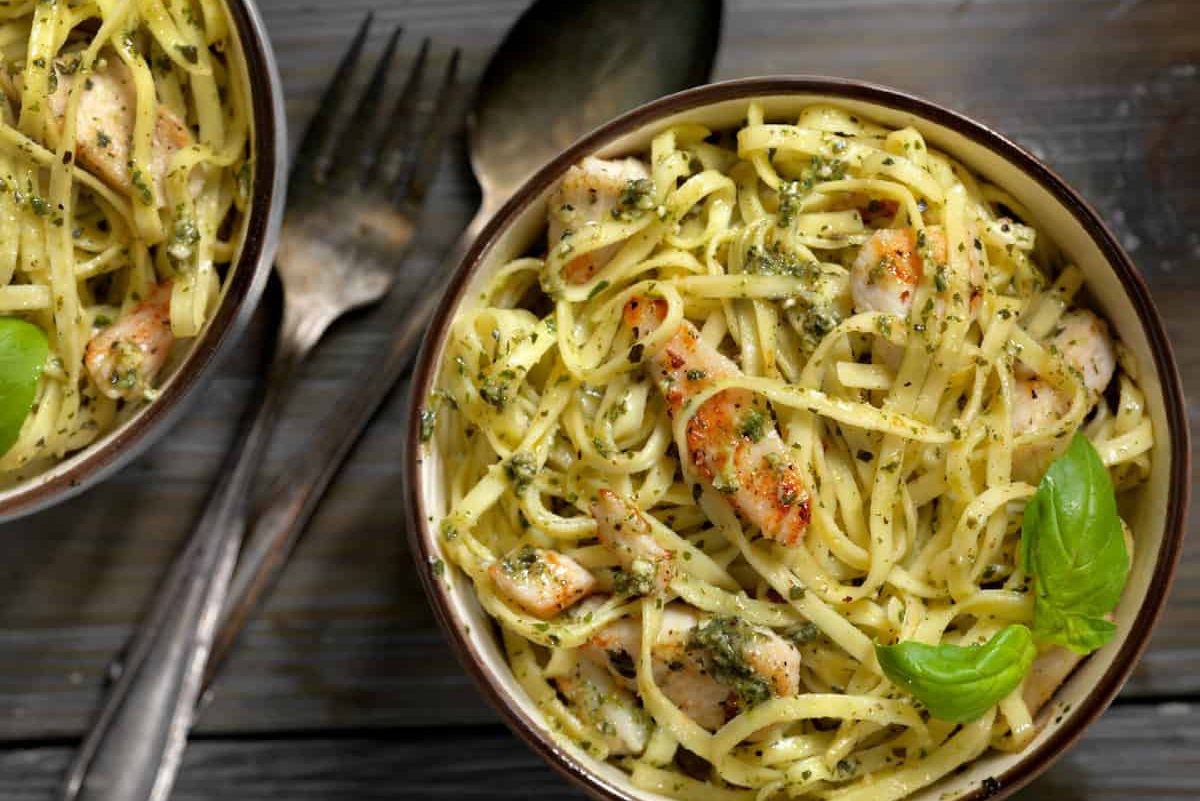
In addition, research appears that eating non-starchy veggies that are dark green or yellow and have a nutritional profile similar to that of zucchini is particularly beneficial for weight loss.
It has been demonstrated that eating zucchini can help curb hunger, which in turn can lead to a reduction in overall body fat. This is due to zucchini’s high fiber and water content, as well as its low-calorie count.
Additional potential advantages, for children ages 8 to 11: One of the probable advantages of zucchini is that it offers more than one advantage to one’s health.
The most exhaustive research has been done on several methods to improve bone density. Zucchini is rich in several essential minerals, including vitamin K, magnesium, and the antioxidants lutein and zeaxanthin; all three of these elements have been linked to improved bone health.
Therapeutic effects against cancer Results from in vitro and in vivo trials on animals reveal that zucchini extract may help limit the formation of cancer cells, suggesting that zucchini extract may have therapeutic benefits against cancer. Nevertheless, research involving real individuals is really important.
Normal Prostate In vivo studies on animals has revealed that an extract from zucchini seeds can help shrink the size of a man’s prostate, which is known to contribute to urinary and sexual dysfunction in men of a particular age.
These problems can occur in men who have reached a specific age. Deficiency in the Function of the Thyroid In research conducted on rodents, it was shown that an extract made from zucchini skin helped to keep healthy levels of thyroid hormone. Therefore, investigations in which people participate are necessary.
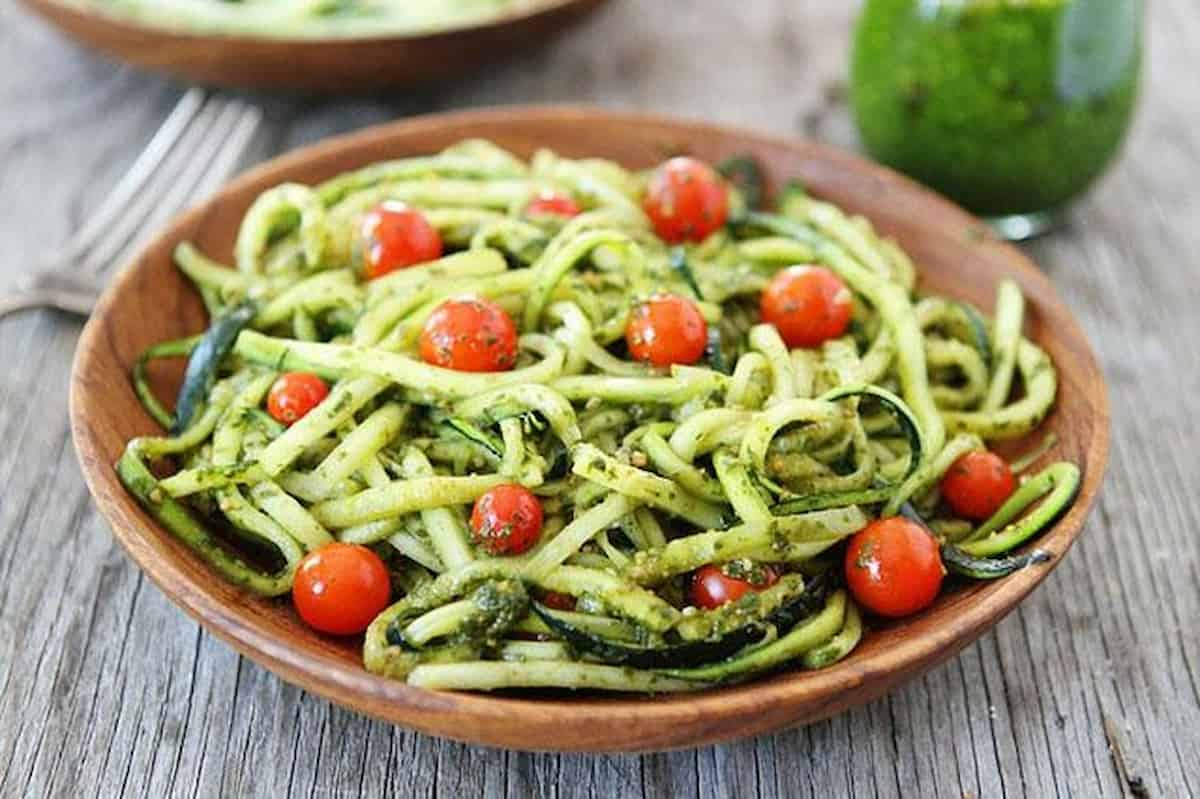
According to the findings of certain studies, eating zucchini may be beneficial for the health of your bones, thyroid, and prostate.
Although further research is required before any conclusive conclusions can be drawn, there is a possibility that it has anti-cancer properties.
Simple to include in your diet daily 12 you may consume zucchini in two very distinct ways: raw or cooked.
The following is a list of recommendations for many ways that it may be used in your cuisine. Use it raw in salads instead of cooking it.
To prepare ratatouille, simply add it to a stew along with a variety of other summer fruits and vegetables. Put a stuffing of rice, lentils, or vegetables in the oven, and bake it. Fry in olive oil to get a uniformly browned exterior every time.
After it has been cooked, include it in the soup. Serve it as a side dish by cooking it on the grill or in the oven with some garlic and olive oil. Make it a little more interesting by frying it with breadcrumbs.
It may be shaped into sheets for lasagna, spaghetti, or spirals. Make use of it as a component in the next batch of pancakes, bread, cookies, or cakes that you bake. In several different cultures, the flowers of the zucchini plant are highly appreciated and eaten as a delicacy in their own right.
It is delicious when used in stir-fries, and it is even more delicious when used raw as a topping for salads, soups, and stews.
Raw or cooked, zucchini may be a delicious addition to a broad range of vegetarian foods, including but not limited to soups, stews, sandwiches, salads, and baked goods. Vegetarians can enjoy zucchini in any form.
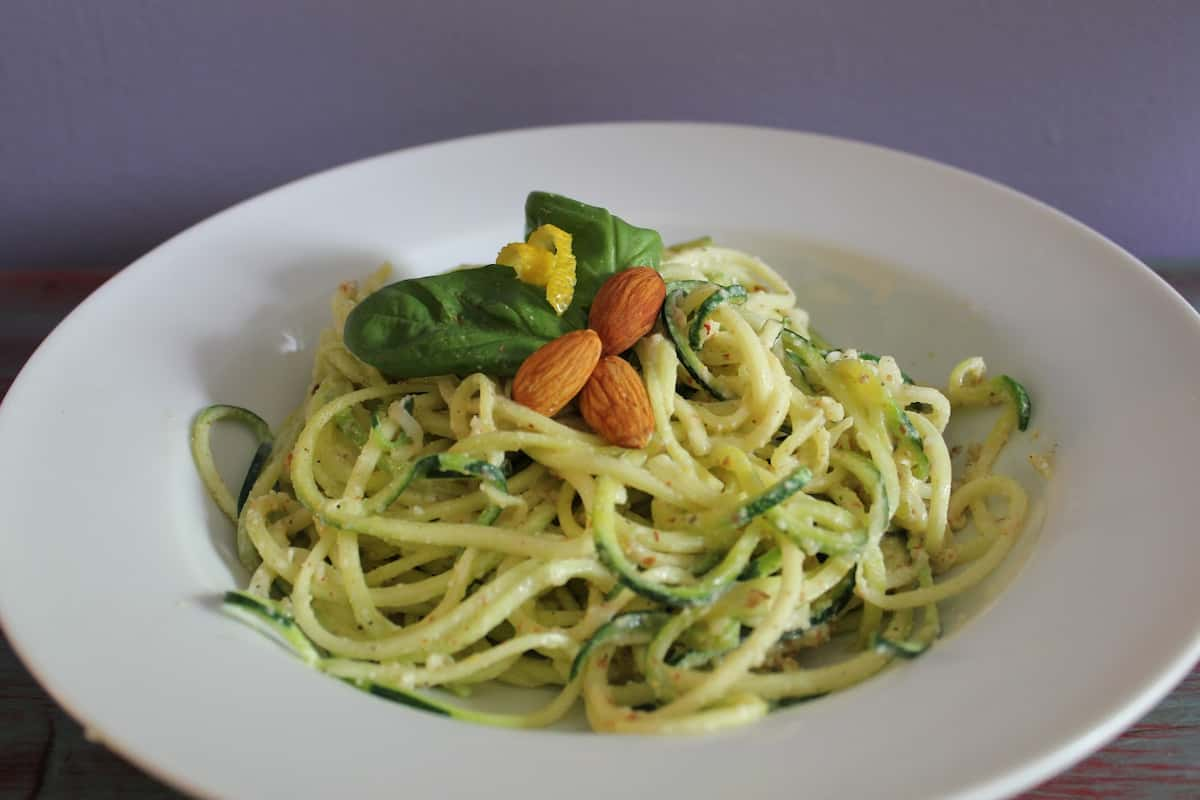

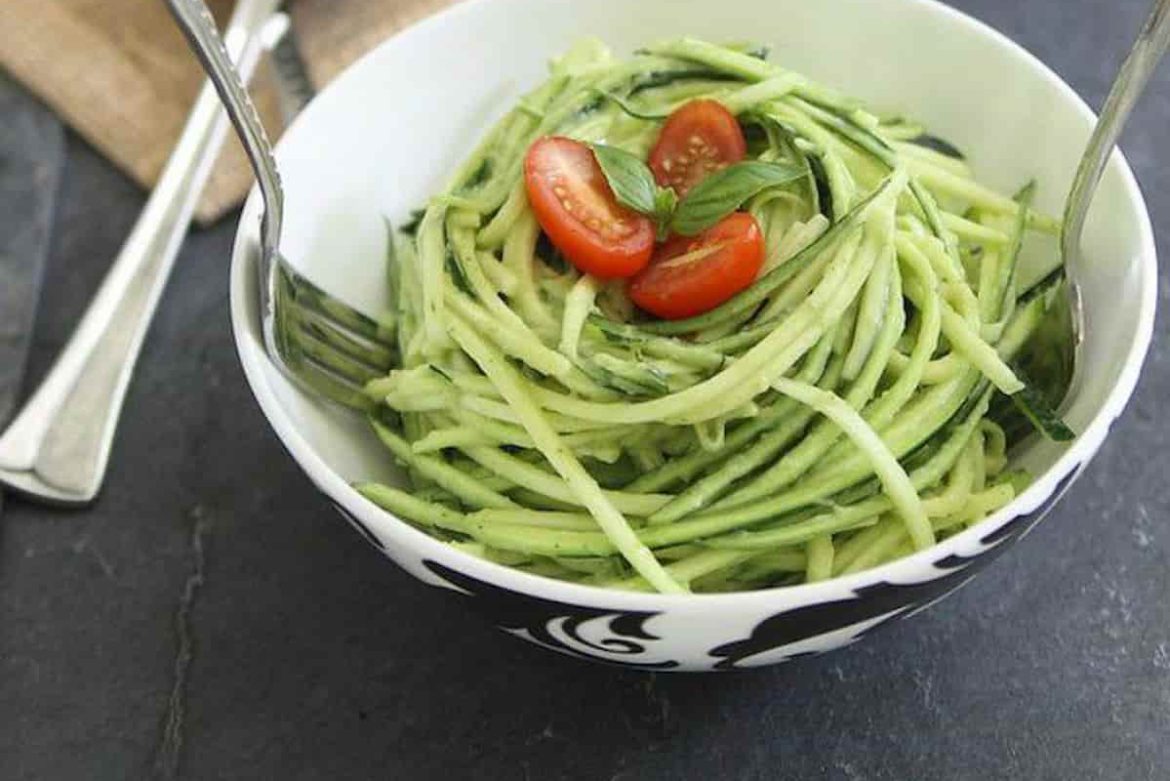
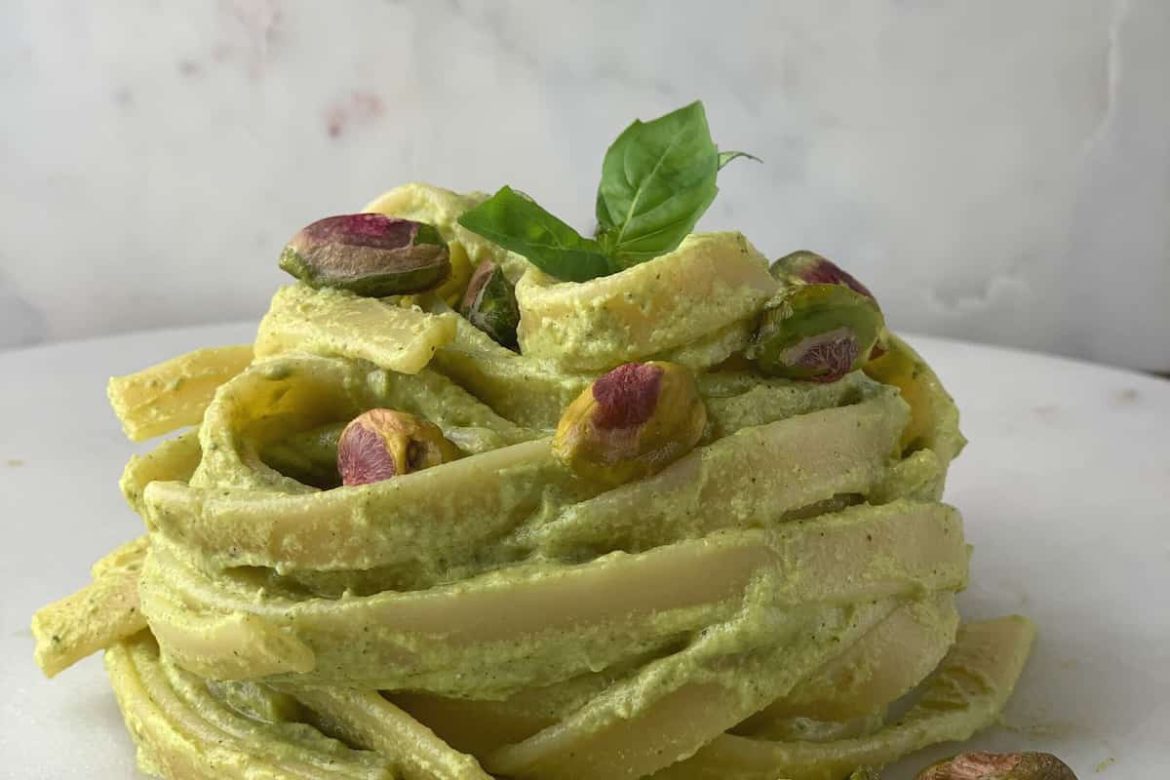
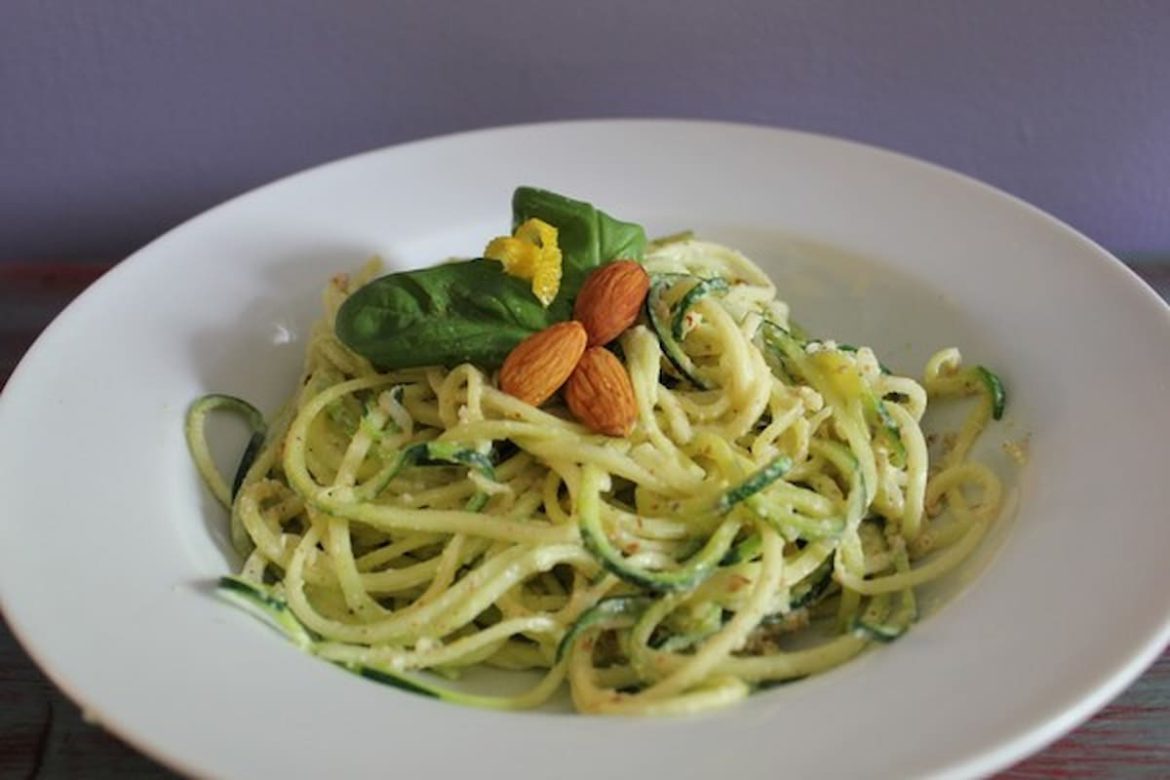
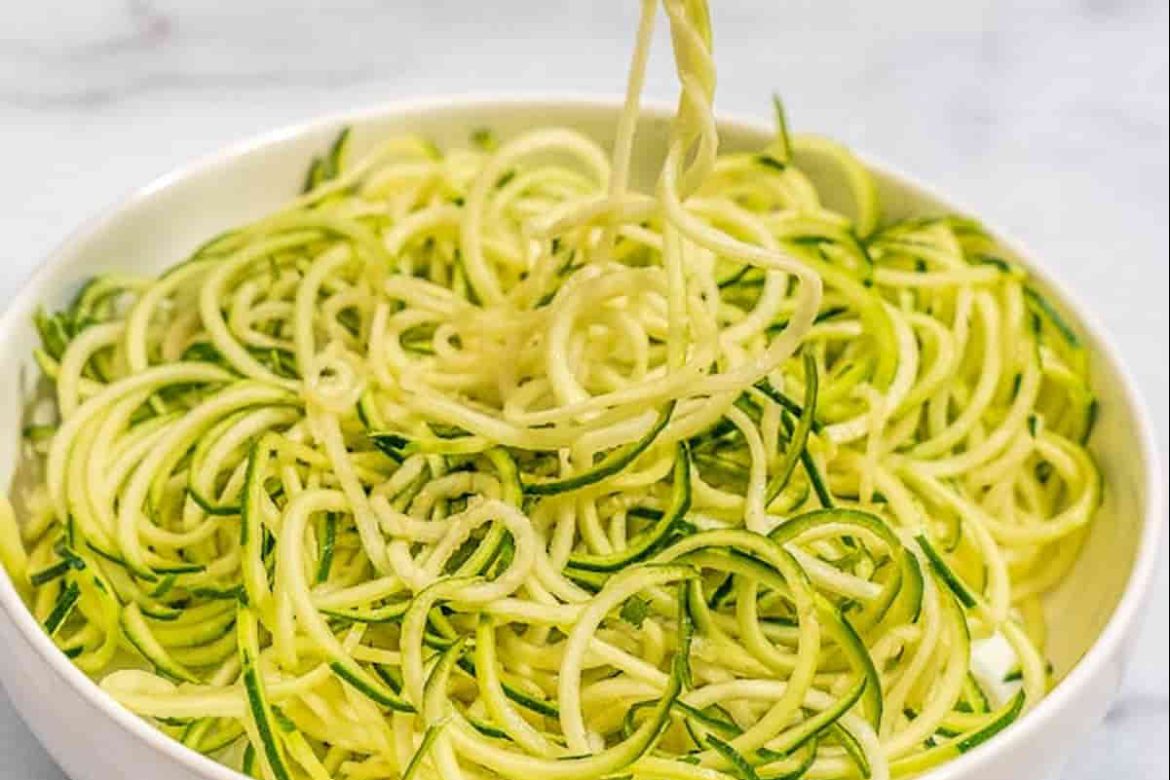
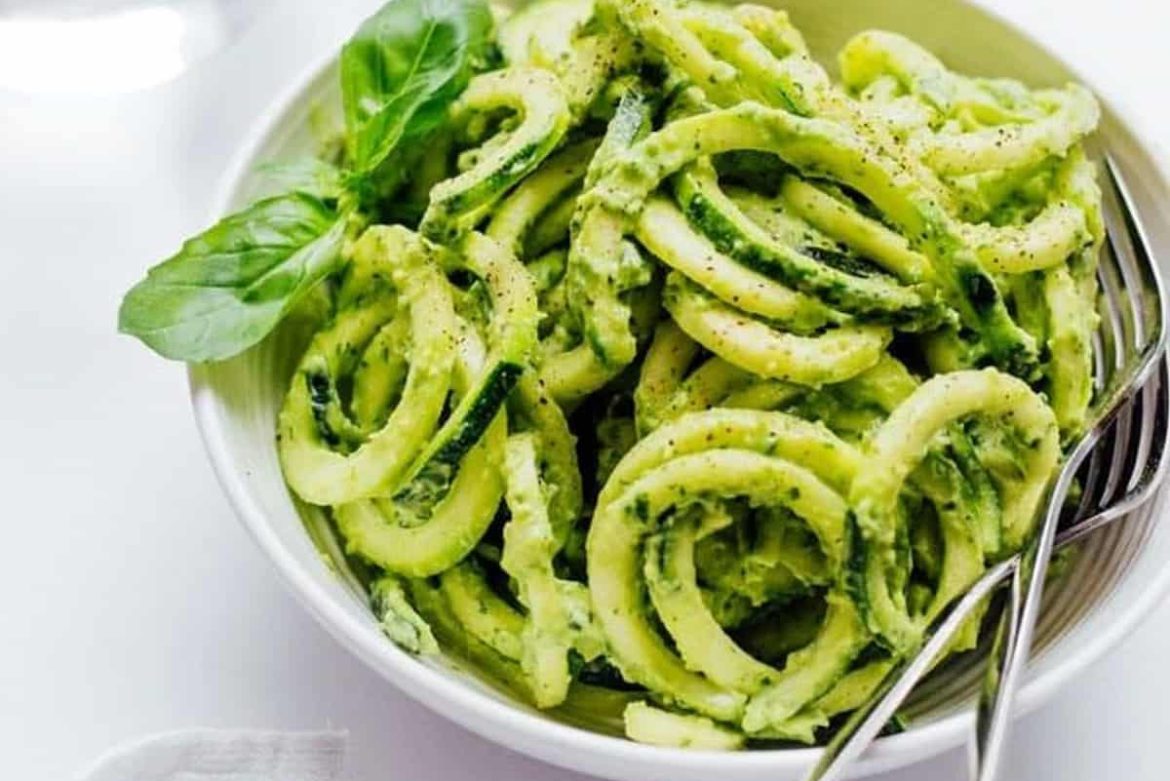
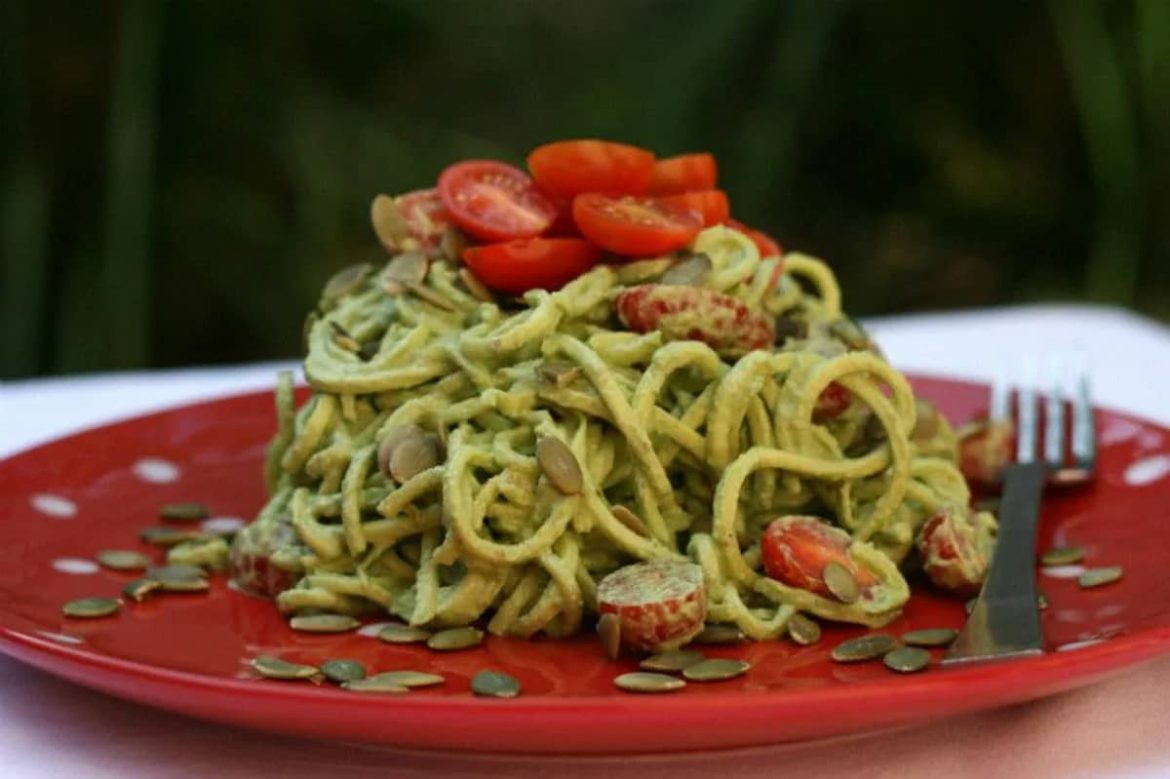
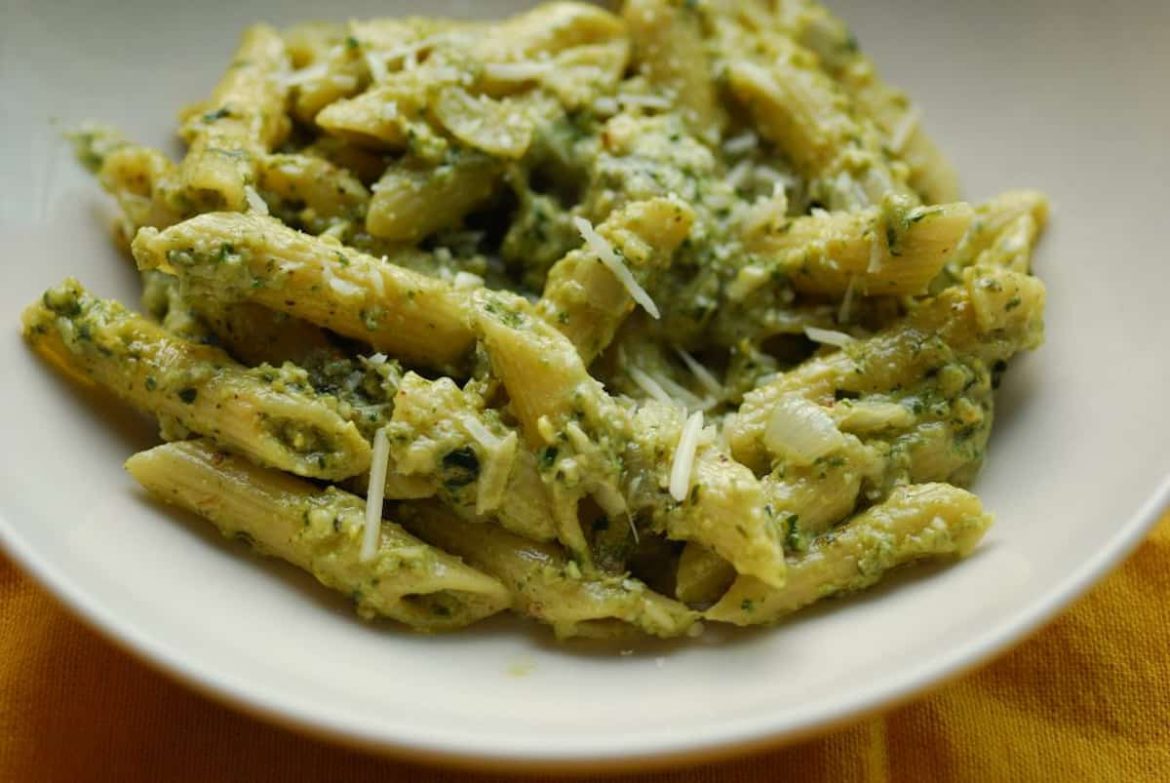
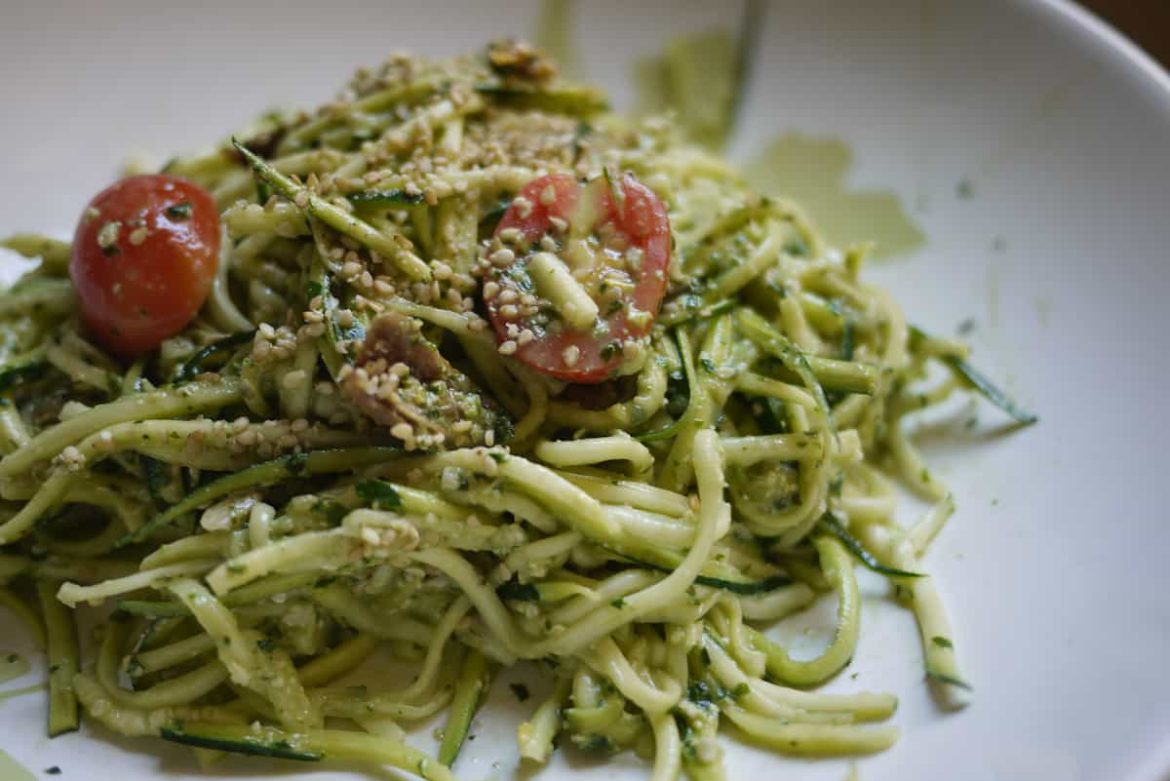
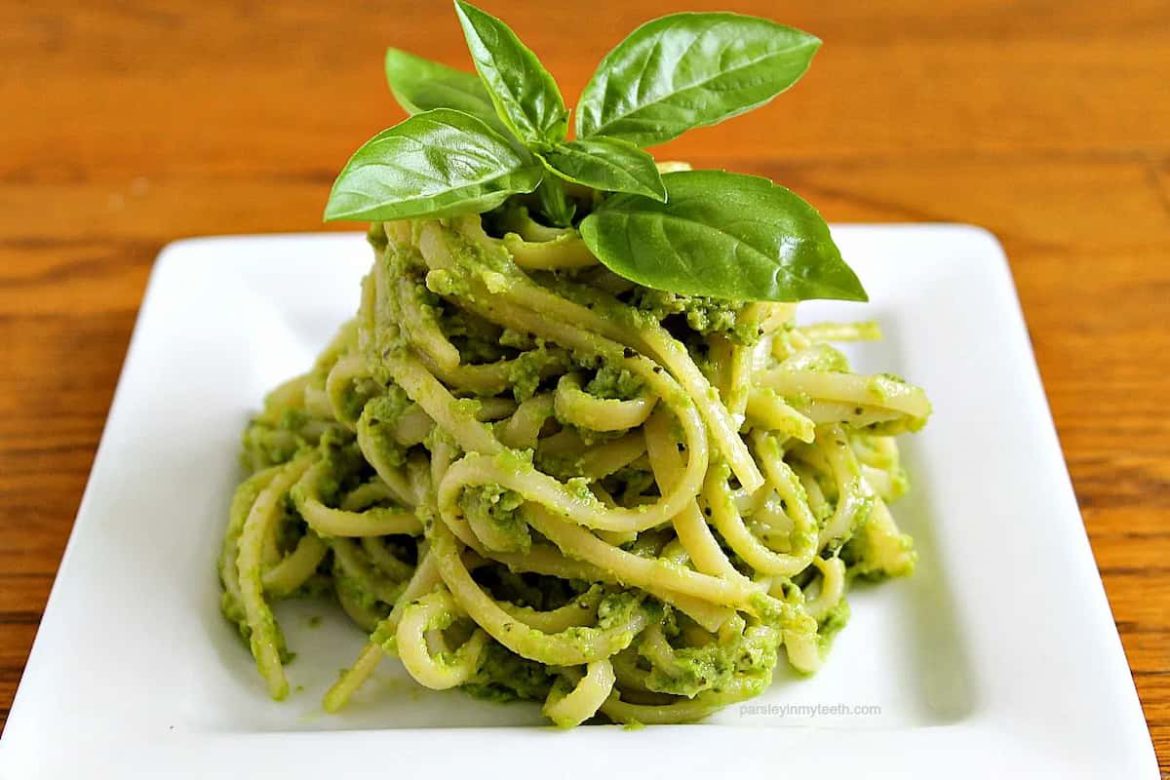
Your comment submitted.